The holiday season is brimming with joy, laughter, and of course, delicious food. But while you’re savoring festive meals, have you ever wondered, “Can I share this with my pet?” The temptation to include them in holiday traditions is natural, but not all human treats are safe for furry companions. At North Waterloo Veterinary Hospital, we’re committed to ensuring your pets enjoy the holidays as much as you do—safely. Here’s your ultimate guide to holiday food do’s and don’ts.
Safe Holiday Treats for Your Pets
The good news? Your pet doesn’t have to miss out entirely. There are safe, healthy holiday foods that your pets can enjoy in moderation:
What to Offer:
- Cooked Turkey (Plain, No Bones or Skin): High in protein and a great holiday treat. Make sure it’s unseasoned.
- Plain, Cooked Vegetables: Steamed carrots, green beans, or peas make excellent fiber-rich snacks.
- Small Amounts of Plain Pumpkin: A source of fiber and beta-carotene, plain pumpkin supports digestive health.
- Mashed Sweet Potatoes (No Additives): Rich in vitamins, sweet potatoes are a tasty and nutritious option.
Serving Tips:
- Stick to small portions to avoid digestive upset.
- Introduce these treats gradually, especially if they’re new to your pet.
- Avoid foods with added butter, salt, or spices.
If you’re unsure about specific portions, feel free to consult our nutrition services.
Holiday Foods to Avoid: The Don’ts
Unfortunately, some festive favorites can be dangerous for pets. Here are the top holiday culprits to keep out of your pet’s reach:
Toxic Foods for Pets:
– Chocolate and Caffeine: Both contain theobromine, which is toxic to dogs and cats, potentially causing heart problems and seizures.
– Xylitol-Sweetened Products: Sugar-free candies, gum, and some baked goods can cause hypoglycemia and liver failure.
– Onions, Garlic, and Chives: These can damage red blood cells and lead to anemia, especially in cats.
– Grapes and Raisins: Even a small amount can cause kidney failure in dogs.
– Alcohol: Can lead to intoxication, respiratory failure, or even death in pets.
Other Dangerous Foods
Beyond the well-known toxic foods, many traditional holiday dishes can pose risks to your pets. These may not be directly toxic, but they can cause serious health issues, including pancreatitis or obstructions.
– Butter and Gravy: High-fat foods like butter and gravy can overwhelm your pet’s digestive system, leading to diarrhea, vomiting, or even pancreatitis.
– Fatty Meat Trimmings: Leftover fat from meats can be tempting for pets but may trigger severe abdominal pain and inflammation of the pancreas.
– Turkey Skin and Fat: While plain turkey meat is safe in small amounts, the skin and fat are too rich and can contribute to digestive upset or pancreatitis.
– Cooked Bones: Cooked bones, especially from poultry, can splinter and cause blockages, tears, or perforations in your pet’s digestive tract.
– Seasoned Foods: Holiday dishes often contain garlic, onions, or excessive salt, all of which can harm pets.
– Stuffing and Bread Dough: Many stuffing recipes include toxic ingredients like onions or raisins. Bread dough can expand in the stomach, causing painful bloating or life-threatening blockages.
Pancreatitis: A Serious Concern
One of the most significant risks of feeding pets rich holiday foods is pancreatitis—an inflammation of the pancreas that can range from mild to life-threatening. Foods high in fat, like gravy, butter, and turkey skin, are common triggers.
Symptoms of Pancreatitis:
- Vomiting and diarrhea
- Severe abdominal pain (pets may hunch over or cry out when touched)
- Lethargy or reluctance to move
- Lack of appetite
Pancreatitis requires immediate veterinary attention and often involves hospitalization, IV fluids, and pain management. Even if a pet doesn’t develop pancreatitis, consuming fatty foods can lead to days of uncomfortable diarrhea—hardly a holiday treat.
What to Watch For:
- Foods left unattended on counters or tables.
- Guests unknowingly slipping your pet table scraps.
- Pets sneaking into garbage bins after a feast.
For more information on potentially harmful foods, check out our blog here..
Recognizing Symptoms in Pets
Accidents happen, and if your pet ingests something toxic, quick action is essential. Watch for these signs of food poisoning or toxicity:
- Vomiting or Diarrhea
- Excessive Drooling
- Lethargy
- Seizures or Tremors
If your pet shows any of these symptoms, contact a veterinarian immediately. You can also call the ASPCA Poison Control Center for guidance.
Tips to Keep Pets Safe During the Holidays
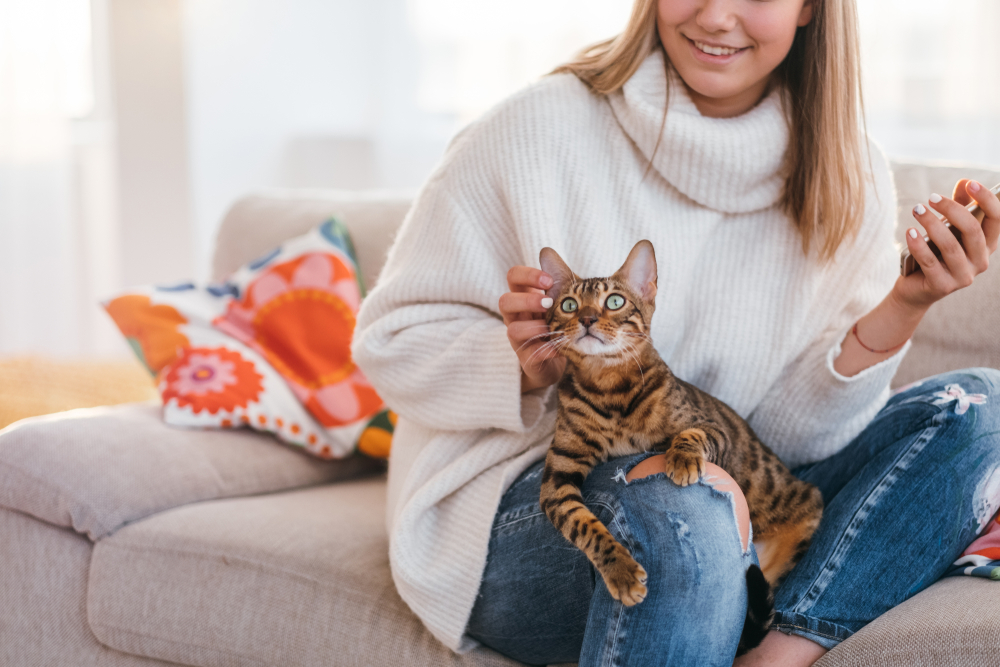
Prevention is the best approach to protecting your pets during the holiday season. Here are some actionable tips:
- Store Food Safely: Use pet-proof containers for leftovers and keep counters clear.
- Educate Guests: Let visitors know which foods are off-limits for your pets.
- Create a Safe Space: If your pet gets stressed around food or gatherings, provide a quiet, separate area for them.
- Stick to a Routine: Maintaining regular meal times can discourage pets from begging for scraps.
Why Regular Check-Ups Matter
After the holidays, it’s a great idea to schedule a wellness exam to ensure your pet’s health is on track. Even if no issues arise during the season, regular check-ups can identify potential concerns early. Consider booking an appointment through our request page.
The holidays are a time to celebrate with loved ones—including your pets. By knowing what foods are safe and which are not, you can keep the festivities joyful and free from unexpected vet visits. At North Waterloo Veterinary Hospital, we’re here to help you navigate the season with confidence. If you have any questions or need assistance, don’t hesitate to contact us.
Need advice on holiday pet safety? Reach out to North Waterloo Veterinary Hospital in Elmira, Ontario. Visit our website or call us to ensure a happy and safe holiday season for you and your furry family members.
Happy Holidays from all of us at North Waterloo Veterinary Hospital! 🎄🐾


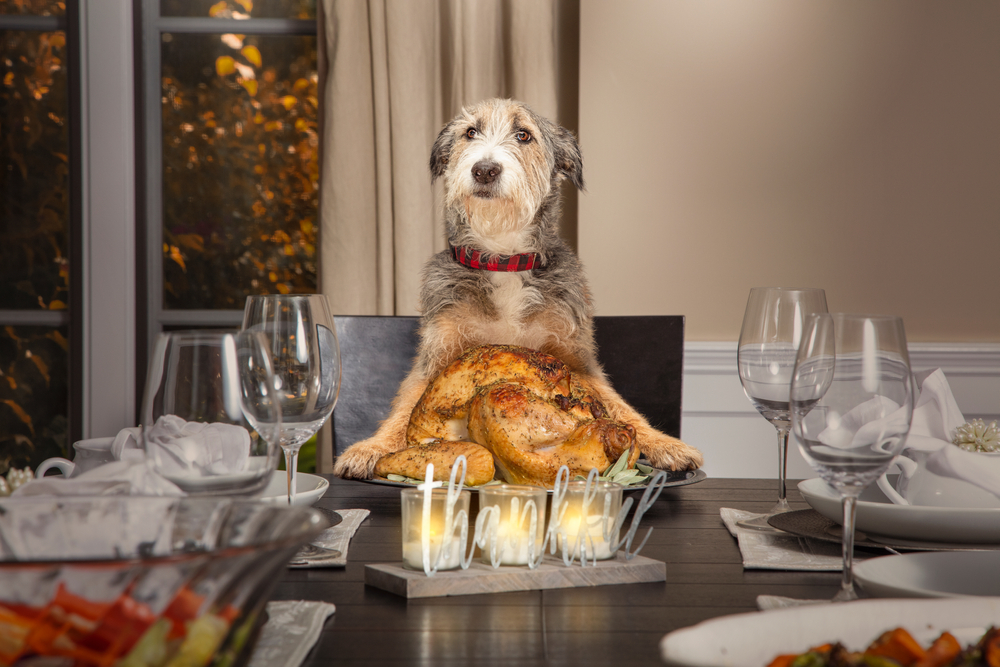
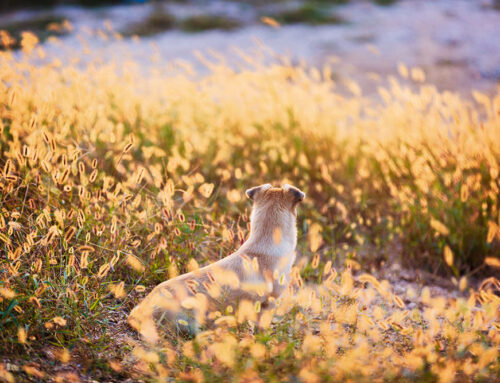
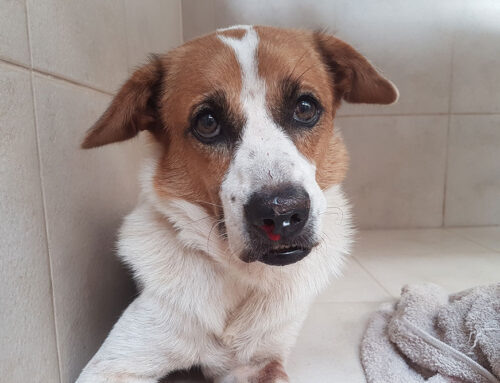
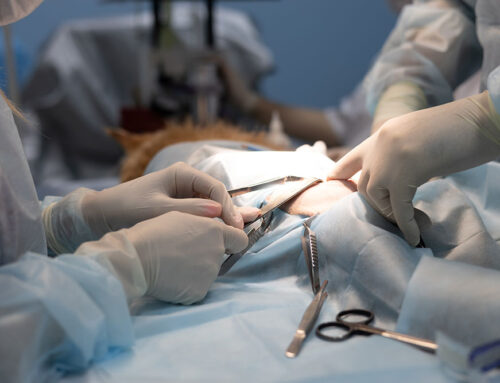

Leave A Comment